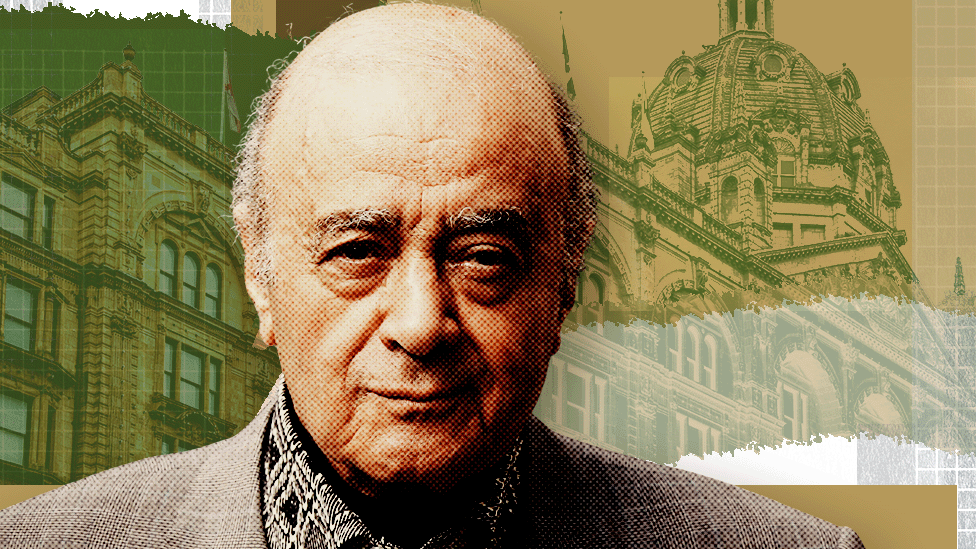Met told about Al Fayed a decade earlier than stated
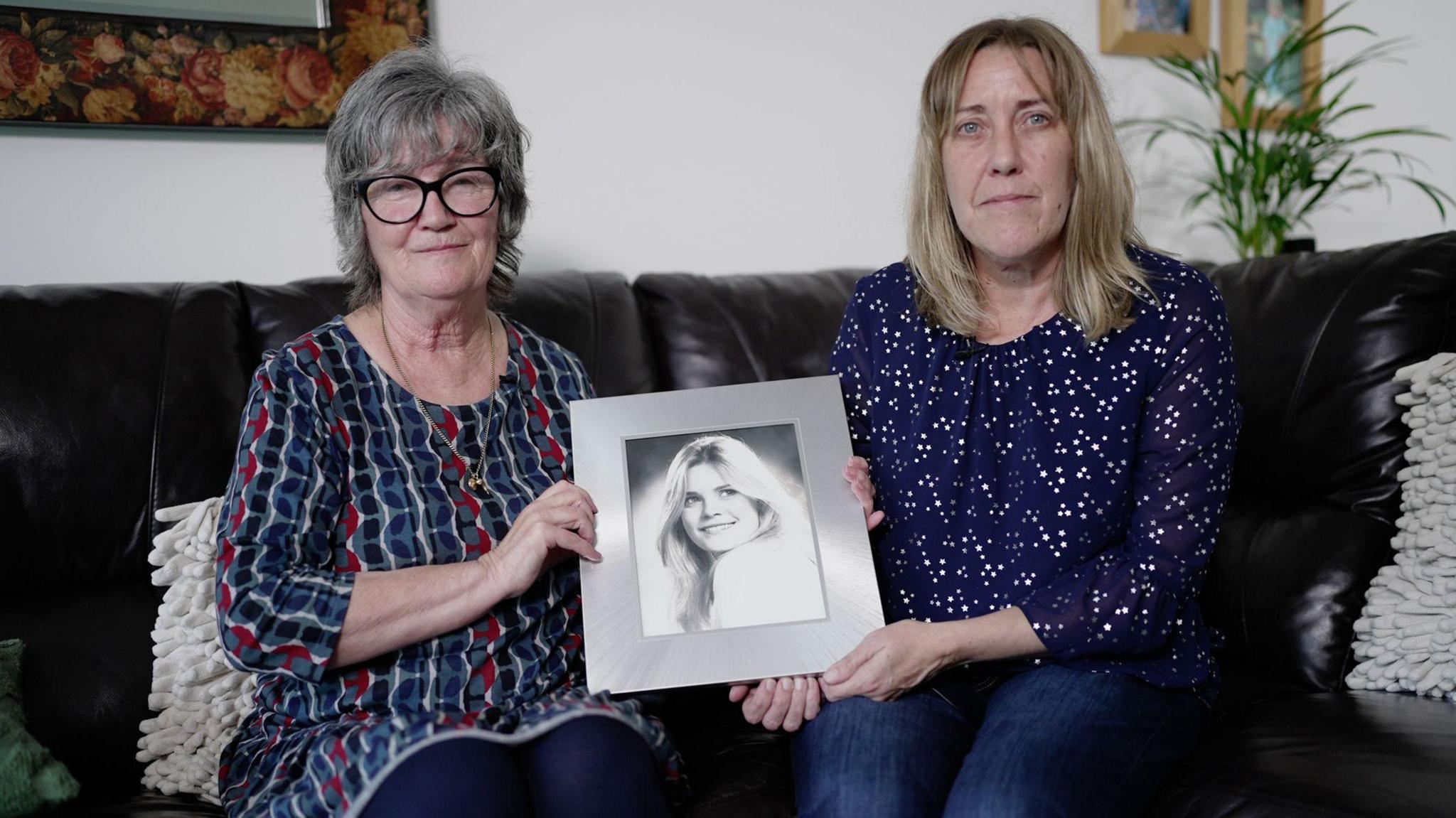
Samantha's mother, Wendy, and sister Emma say her complaint was dismissed by the Met
- Published
The Met Police was told of allegations of sexual assault by Mohamed Al Fayed a decade earlier than it has acknowledged, the BBC can reveal.
Samantha Ramsay, who has since died, was 17 when she reported Al Fayed to the Met in 1995 after he groped her in Harrods. Until now, the Met has said its first report dated from 2005.
Samantha’s family say the Met dismissed her claims, and a lawyer representing them has called for a public inquiry.
The Met says there is no history of Samantha’s report on current computer systems, but that in 1995 some reports were paper-based and might not have been transferred.
“While we cannot change what has happened, we do acknowledge that trust and confidence is affected by our approach in the past and we are determined to do better,” Cdr Stephen Clayman said about the Met's overall response to Al Fayed.
Speaking for the first time, Samantha's mother Wendy and sister Emma say the police told her in 1995 that multiple women had complained about Al Fayed.
They believe that multiple women could have been saved from sexual abuse if the force had acted.
The revelations raise questions about whether the Met has acknowledged the full number of reports it received from victims and admitted the extent of its failure to investigate them.
Wendy and Emma describe Samantha as full of life, bubbly and always happy to help. “Everybody loved her,” Wendy says.
In 1995, Samantha moved to London to pursue her dream of working in Harrods. But her family say what unfolded there changed the course of her life.
“If it hadn’t happened, I do think she’d probably still be here. I really do,” Emma tells the BBC.
A lawyer representing Samantha's family and other victims of Al Fayed has called for a public inquiry into the case.
"A public inquiry can shine a light into the many dark corners of this awful ordeal, which will help lessons to be learnt and recommendations can be made to try to ensure nothing like this happens again," Emma Jones, from law firm Leigh Day, said.
“It is clear from Sam’s story that all of the reports against Al Fayed to the police are not accounted for, and until now they have not acknowledged that those that pre-date their digital systems may have been lost," she added.
"Something needs to be done to ensure this is looked at properly and thoroughly, leaving no room to hide."
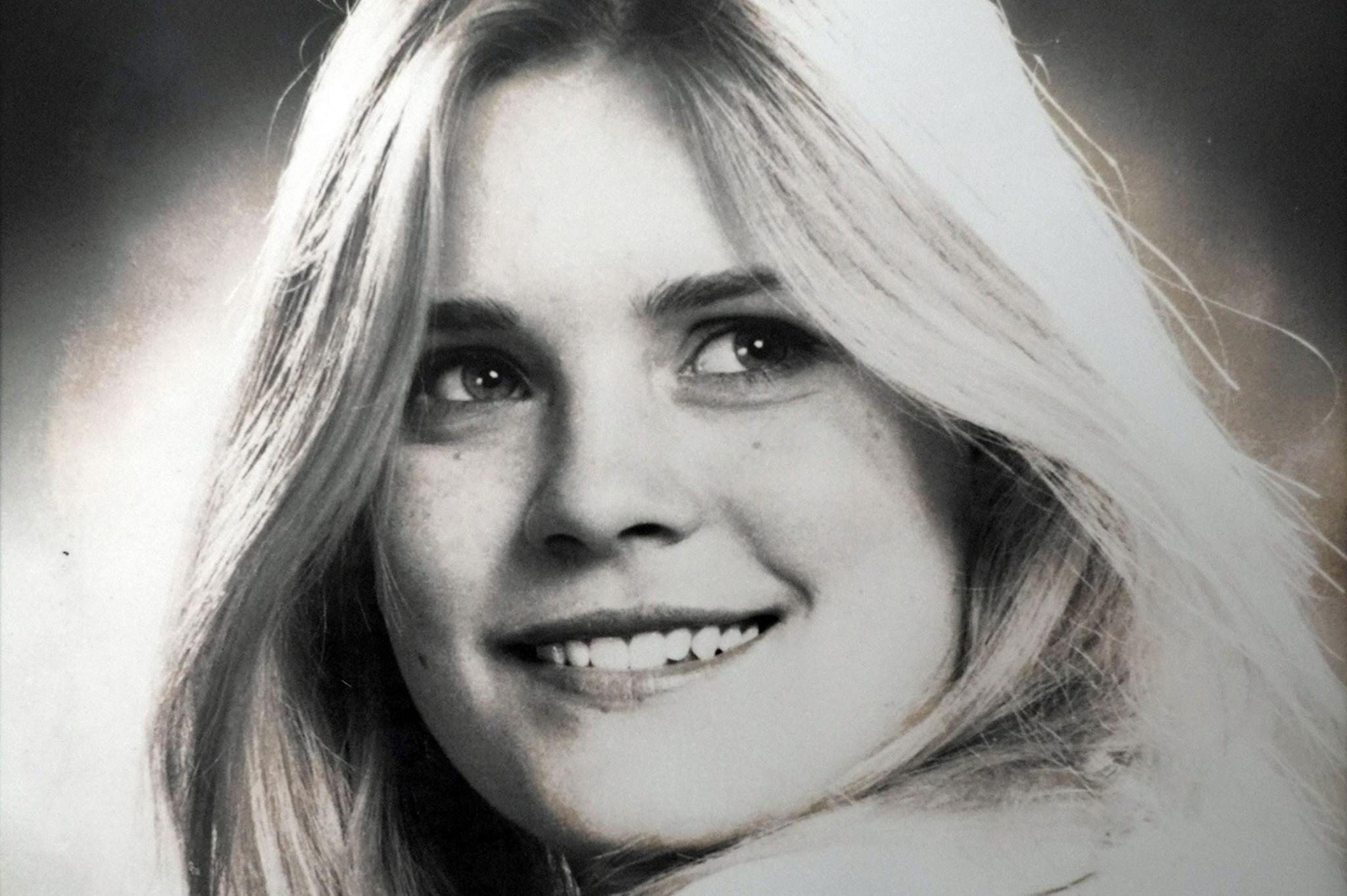
Samantha Ramsay said police in 1995 told her she was "not the first" to report an assault by Al Fayed
Shortly after Samantha started working in the Harrods toy department, she was spotted by Al Fayed, who started inviting her up to his office.
We can read what happened next in Samantha’s own words because, dissatisfied with the police response, she told her story in 1998 to the News of the World. It echoes many of the accounts that have been told since the BBC documentary Al Fayed: Predator at Harrods first revealed allegations of rape in September.
The article says Al Fayed gave Samantha £50 notes and offered her more highly paid jobs. But at their second meeting, he told her she needed to have a medical and urged her to wash herself with Dettol. Al Fayed then sexually assaulted her.
“I was terrified,” Samantha’s quote reads. “And then I rushed out of his office. I ran to the toilets and burst into tears.”
When Samantha told her supervisor what had happened, she said he just sighed and said: “Another one.”

Listen to World of Secrets, Season 4: Al Fayed, Predator at Harrods on BBC Sounds.
If you’re outside the UK, you can listen wherever you get your podcasts, external.

She said she was then escorted to a room, where Al Fayed was brought in to face her. He began aggressively berating her and fired her on the spot, she said.
“She came out of that feeling quite threatened,” Emma recalls, adding that Al Fayed had told Samantha: “You will not tell anyone about this, because we know where you live. We know your family.”
'We've added it to a pile'
The next day Samantha went to Marylebone police station in central London, and reported what had happened.
Emma and Wendy both say they received phone calls at the time from Samantha, who told them that the police had taken her details down, but said nothing would be done as it was her word against his and he was too powerful.
Emma recalls that the police told Samantha: “We’ve added it to a pile of other female names that we’ve got that have made the same complaint against Mohamed Al Fayed.”
“So we know that they had other reports,” she says. Samantha also told the News of the World that the police said she was “not the first” and they had “files inches high” about Al Fayed.
After hearing nothing from the Met, the family spoke to a police officer they knew in Hampshire, who encouraged them to also report it to their local station in Gosport. The BBC has spoken to the retired officer, who independently confirmed this account.
Wendy says the police visited her house and took a statement from her.
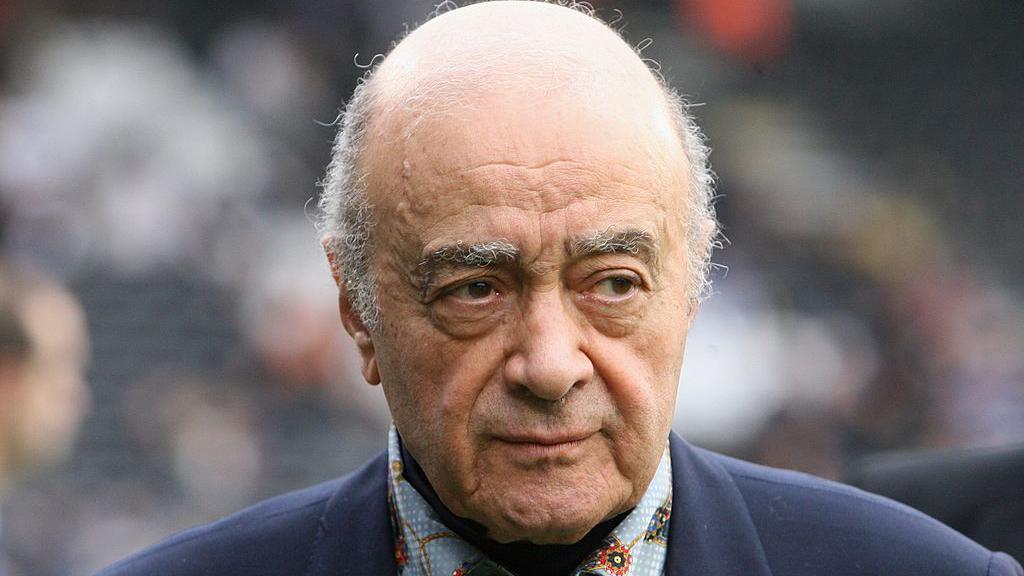
Al Fayed was never charged over any of the reports of abuse made during his lifetime
“It was apparently sent to the Met Police,” she says. However, to this day, the family has never heard anything back from the force.
“She was totally let down,” Wendy adds. “I believe that a lot of women could have been saved going through what she went through if the police had listened.”
Since the BBC documentary was broadcast, the Met says it has found reports from 21 women who accused Al Fayed between 2005 and his death in 2023.
Last month, the BBC revealed that during Al Fayed’s lifetime, the Met sent full files of evidence relating to only two of these women to the Crown Prosecution Service (CPS).
If you've been affected by issues of sexual assault and suicidal feelings, information and support is available on BBC Action Line.
Following that story, the Met issued a statement which gave the impression it had received early investigative advice from the CPS relating to 10 of the women. This advice is a formal matter where the CPS gives a view of the merits of the case, after the police provide them with the evidence.
However, the CPS has now confirmed to the BBC that it only gave such advice in four cases, and the Met has told the BBC it accepts this.
Al Fayed was never charged. Since September this year, 60 more women have come forward to the force.
The Met said their review of allegations relating to Mohamed Al Fayed remains ongoing.
“The way the Met works has moved on immeasurably in the last 30 years, and our teams have transformed the way we investigate rape and sexual offences," Cdr Stephen Clayman said.
'She was never right after London'
Wendy and Emma think that not being believed at such a young age had a considerable affect on Samantha’s mental health.
“Her spark had gone almost,” Emma says. “The ray of light that she always had was dimming. The more time that passed from the incident, the dimmer it got. Sadly.”
After returning to her family home from London, the family say Samantha lost trust in people and jumped from job to job, unable to find stability.
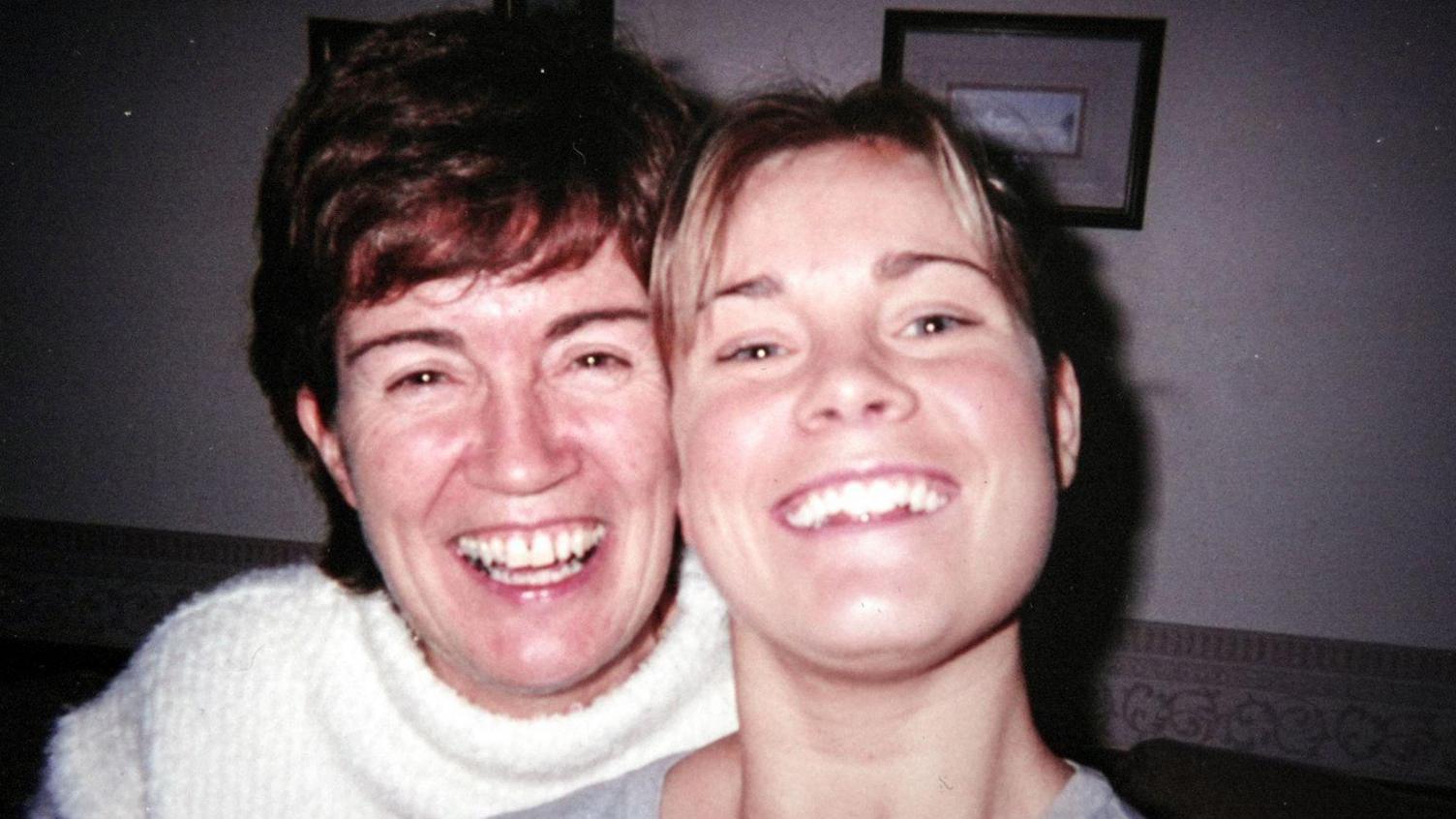
Samantha, pictured with mother Wendy, who says the assault changed the course of her life
“It really changed her outlook on life, and we had 12 years of erratic behaviour after that, a suicide attempt, and never really finding her place,” Emma says.
Samantha died in a car crash in 2007, aged 28.
Her death was ruled an accident, but the family suspect she might have tried to take her own life. They say the inquest did not examine her mental health history, and that they will never know for sure.
“She was never right after what happened in London,” her mother says.
Wendy and Emma say they wanted to speak to the BBC because Samantha is no longer here to do it herself.
Their decision echoes Samantha’s 26 years earlier, when she told the News of the World: “I have been left violated by this man… Someone has to speak out.”
If you have information about this story that you would like to share please get in touch. Email MAFinvestigation@bbc.co.uk, external. Please include a contact number if you are willing to speak to a BBC journalist.
Related topics
- Published19 October 2024
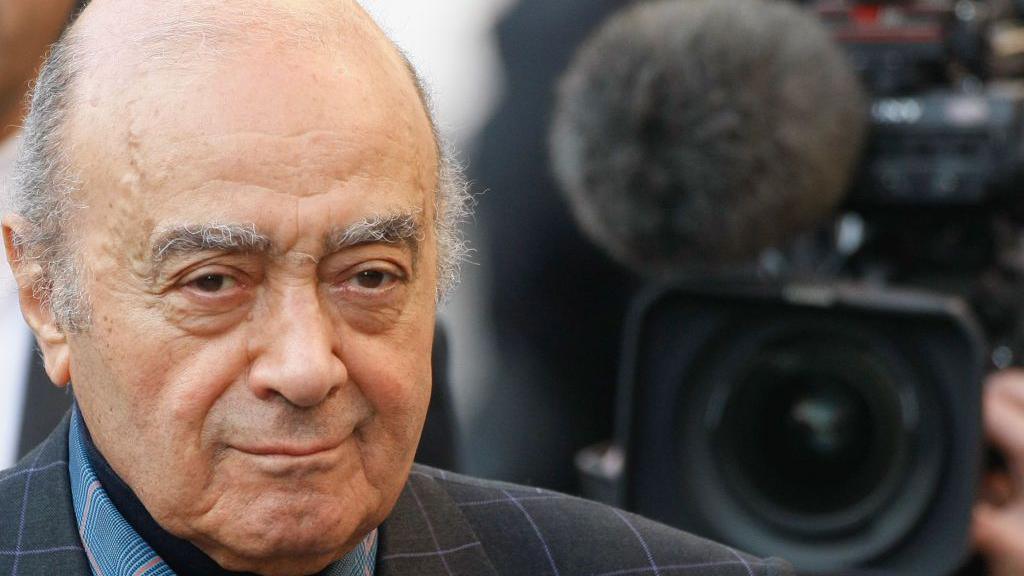
- Published10 October 2024
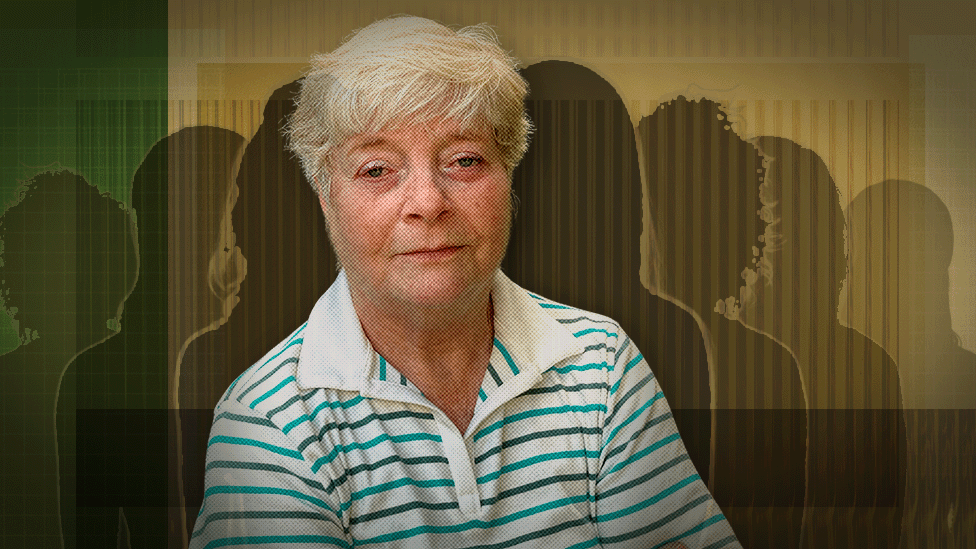
- Published19 September 2024
